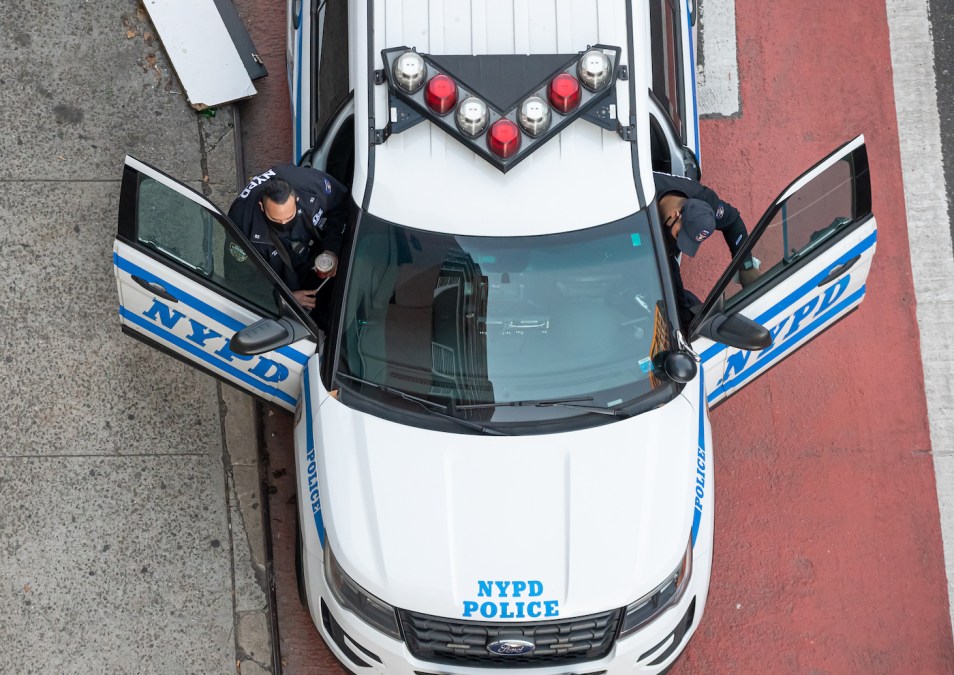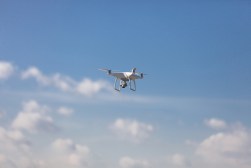NYPD extends contract with ShotSpotter, despite poor review

SoundThinking, the parent company of the acoustic gunshot detection technology ShotSpotter, on Tuesday announced that the New York City Police Department extended its contract for three years, in a deal worth $21.8 million.
ShotSpotter has been in use by the NYPD since 2015. Between then and last December, when the department’s most recent contract ended, the NYPD has spent more than $54 million on the service. Across New York City’s five boroughs, there are more than 2,000 acoustic sensors deployed to detect gunshots.
New York City Mayor Eric Adams has lauded the technology as “amazing” amid a citywide push to expand the NYPD’s use of technology, such as AI-equipped gun-detection scanners for the city’s subway system, drones, throw bots and robot dogs.
Expansion of department’s surveillance capabilities, though, has not gone without scrutiny. In 2022, the New York civil rights group Surveillance Technology Oversight Project, or STOP, released a report detailing how gunshot-detection technology leads police to overly target Black and Latino neighborhoods, increasing the risk of police violence, while leaving levels of gun crime largely unchanged.
SoundThinking reports its tool is “effective, accurate, and unbiased.” It shared that it’s contractually obligated by NYPD to maintain a 90% accuracy rate for the quick and precise triangulation of gunfire. Yet an audit published last June 2024 by New York City Comptroller Brad Lander found the technology only identified confirmed shootings in 13% of cases.
The audit also found that the NYPD “substantially overstates the reduction in response times achieved by using ShotSpotter.” Lander’s report noted that the contractual obligation to report 90% or more of probable shooting provides “a strong incentive to over-report loud noises that do not turn out to be confirmed shootings.”
“ShotSpotter claims to be ‘a proven detection system’ that is ‘faster and more accurate’, but our audit found that 87 percent of the time, ShotSpotter is sending NYPD officers in response to loud noises that don’t turn out to be confirmed shootings,” Lander said in a news release about the audit. “The evidence shows that NYPD is wasting precious time and money on this technology and needs to do a better job managing its resources. Chasing down car backfires and construction noise does not make us safer.”
In response to the audit, Mayor Adams last June said that while the comptroller and his team might have had good intentions with the audit, “they don’t understand how the ShotSpotter operates.”
“Oftentimes you will go to the scene and a person, you won’t have the shell casing or you won’t have the person that’s there that’s discharged the weapon. That may play a role and impact it,” Adams said. “We found that this is an amazing tool, and I think that we need to listen to the police experts. They did rigorous reviews over this tool, and if the police are telling us this is a great tool, I don’t think a clerical review of it is going to be the analysis that we need.”
Other cities have recently moved to cancel their contracts with ShotSpotter. At the beginning of this year, the police department in Baton Rouge, Louisiana, announced it had cancelled its contract following required budget cuts. The city Board of Directors in Little Rock, Arkansas, voted this month against extending its contract following disappointment with the performance of ShotSpotter, which cost the city $290,000 for two years, according to Reason Magazine.
Some local leaders have critiqued the technology, too. Last May, Houston Mayor John Whitmire called the technology a “gimmick, feel-good program,” following an announcement that the city would not renew its contract with ShotSpotter. Houston has a $3.5 million five-year contract with SoundThinking, which is set to expire in 2027.






